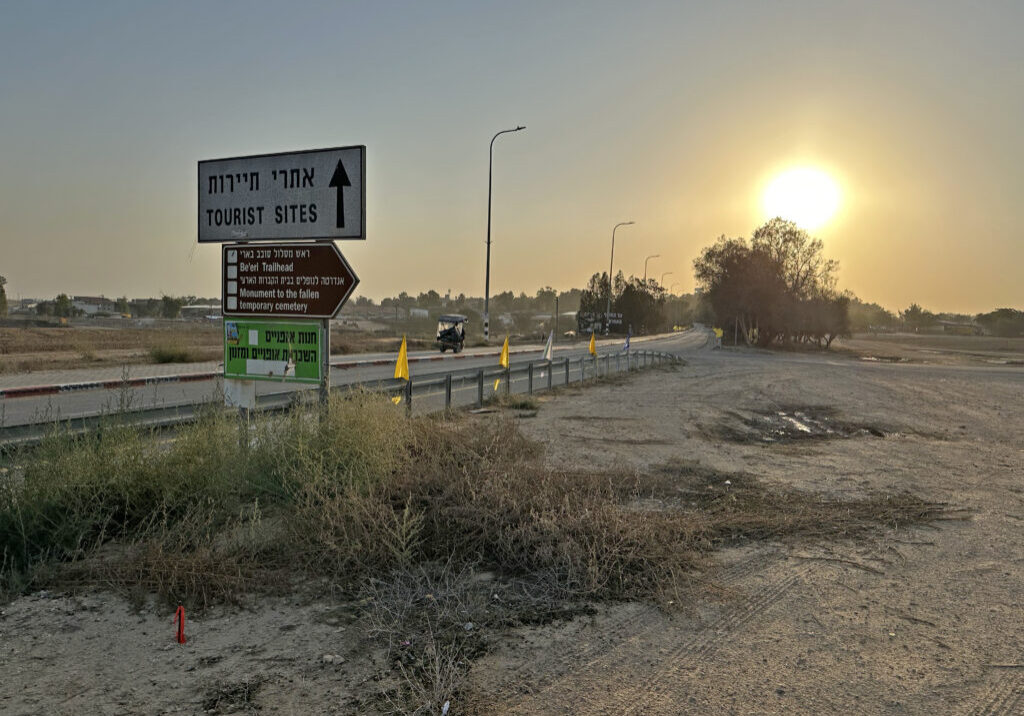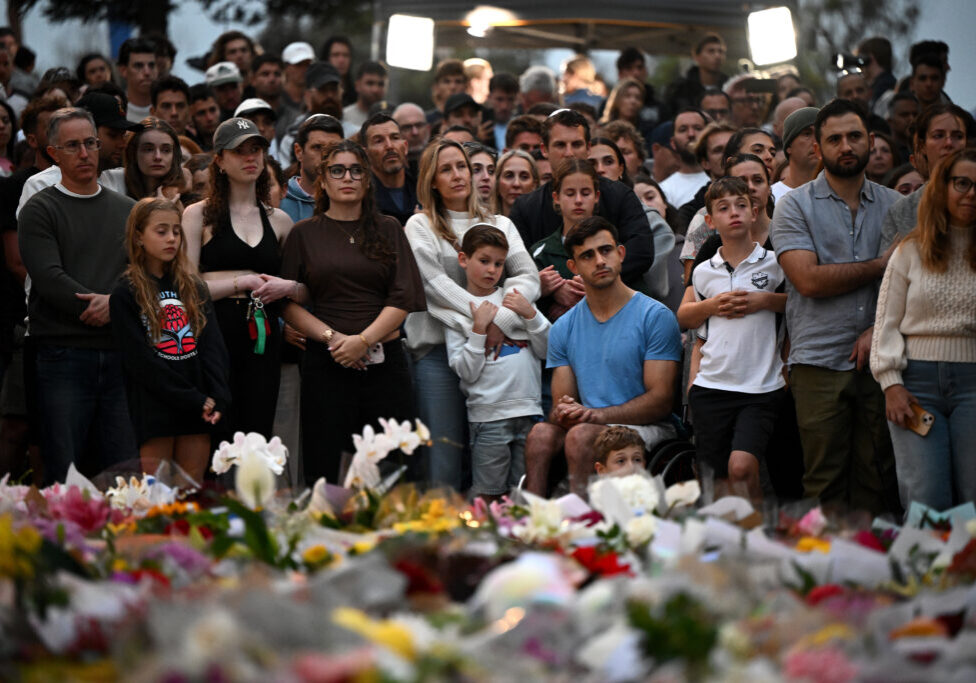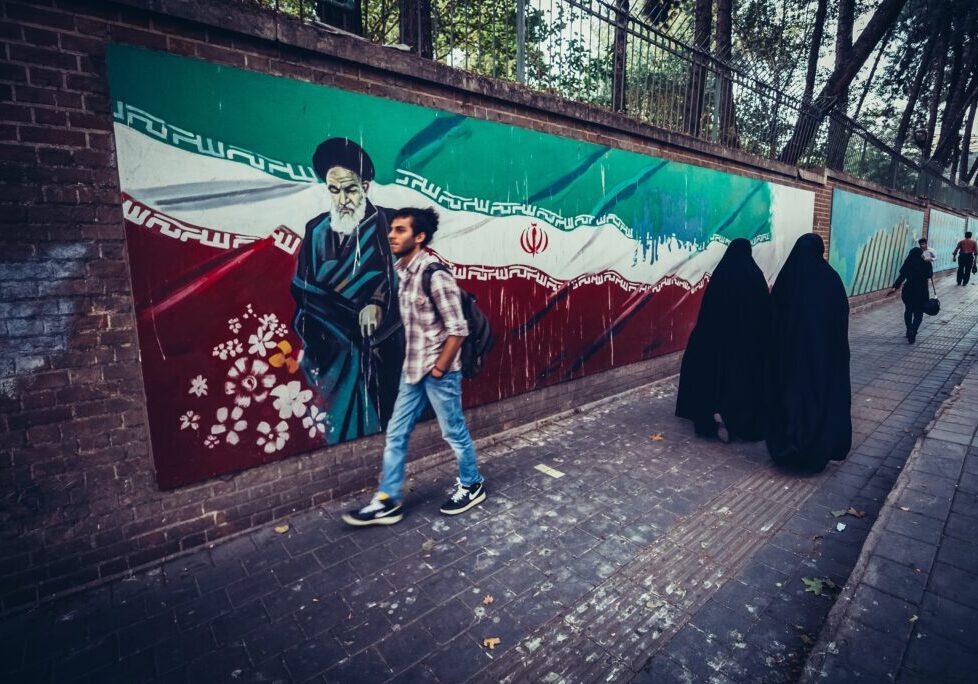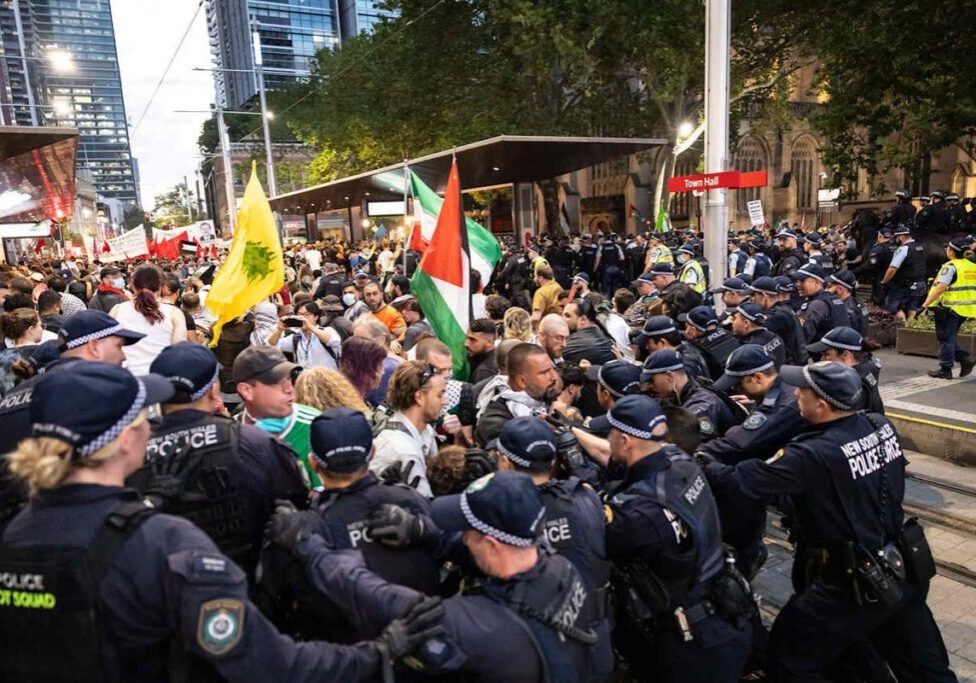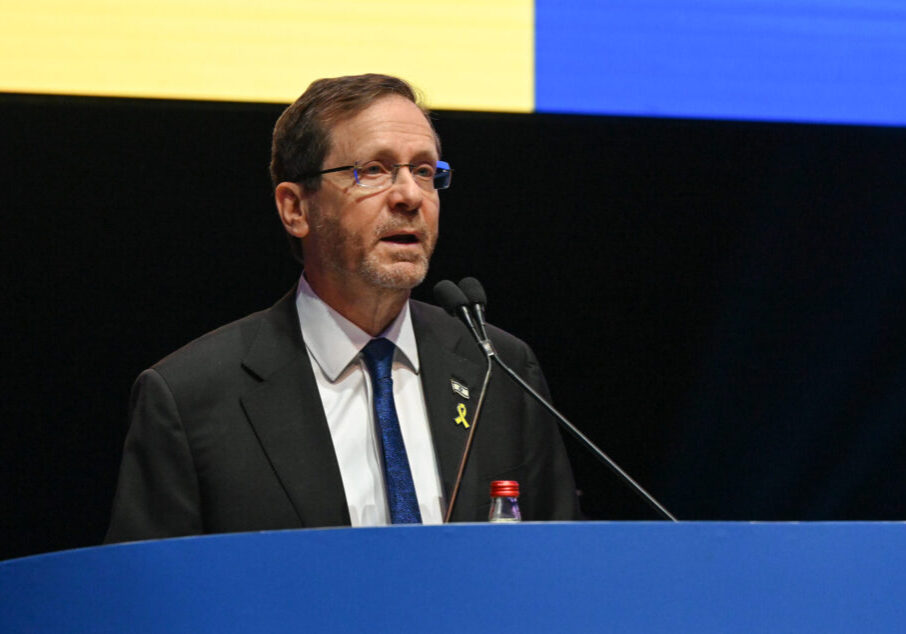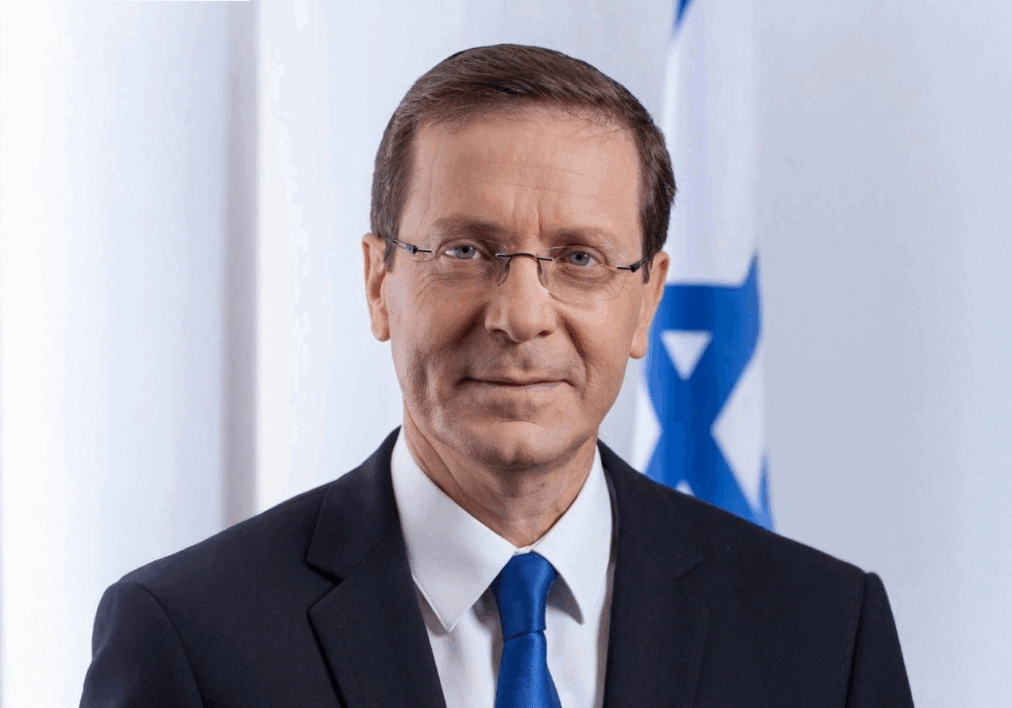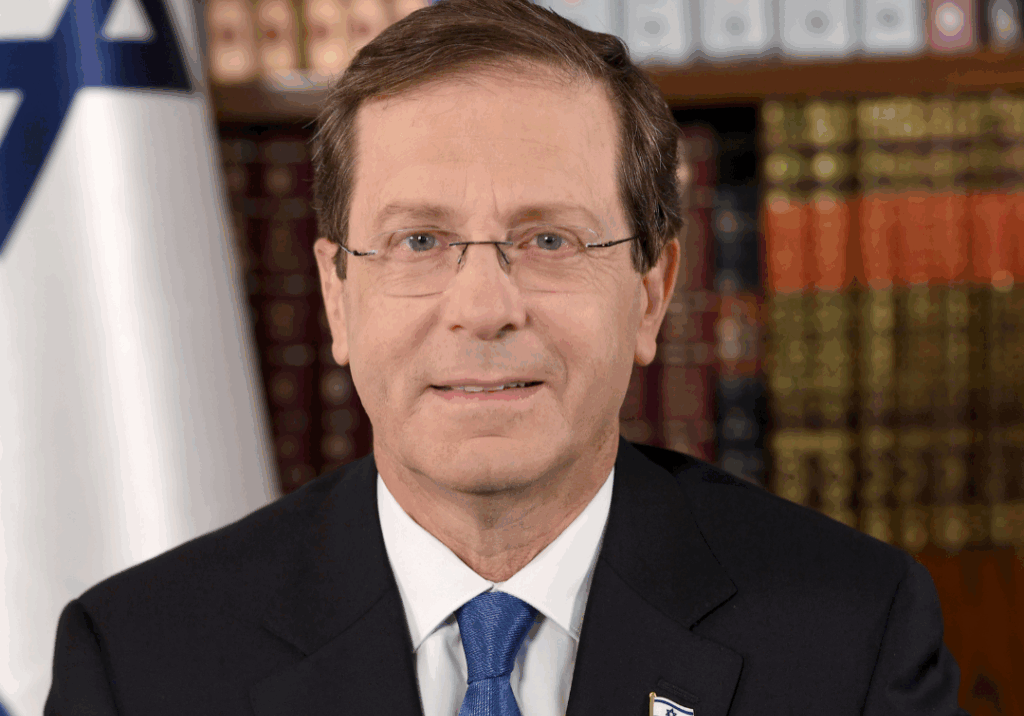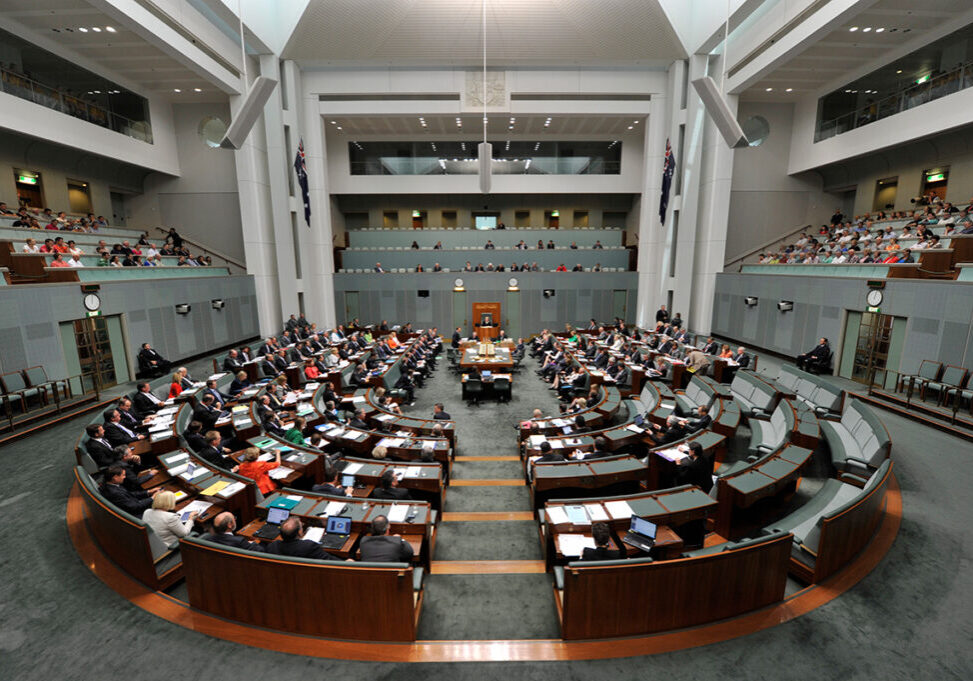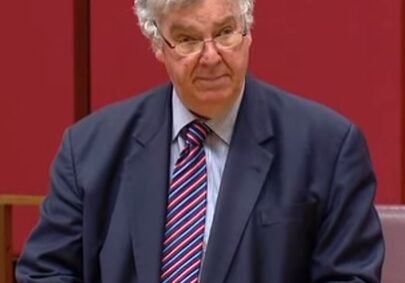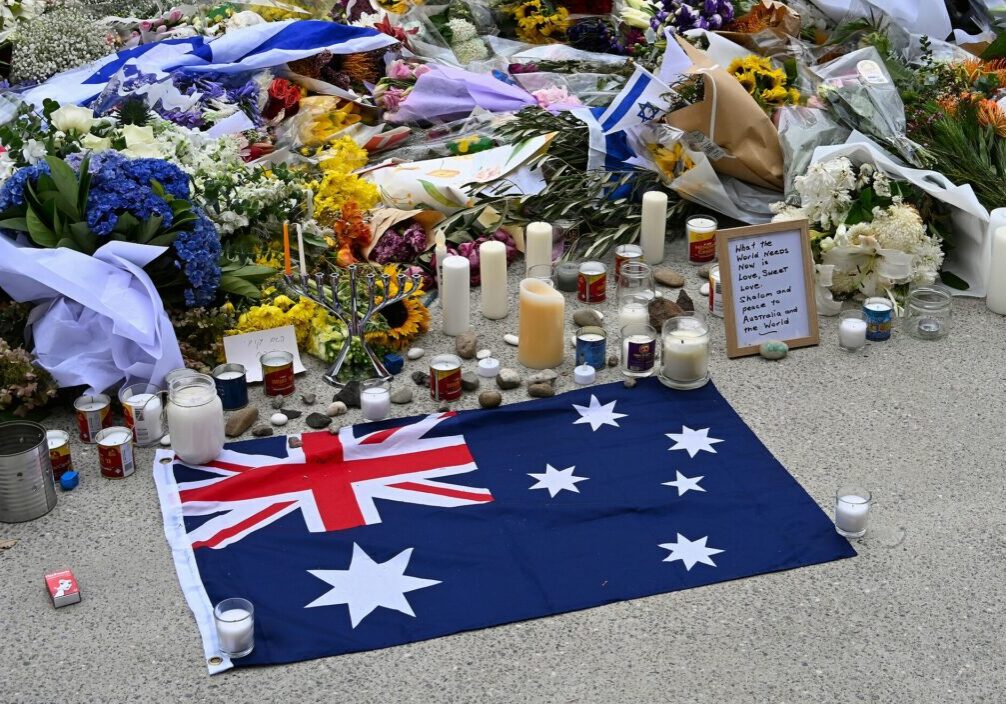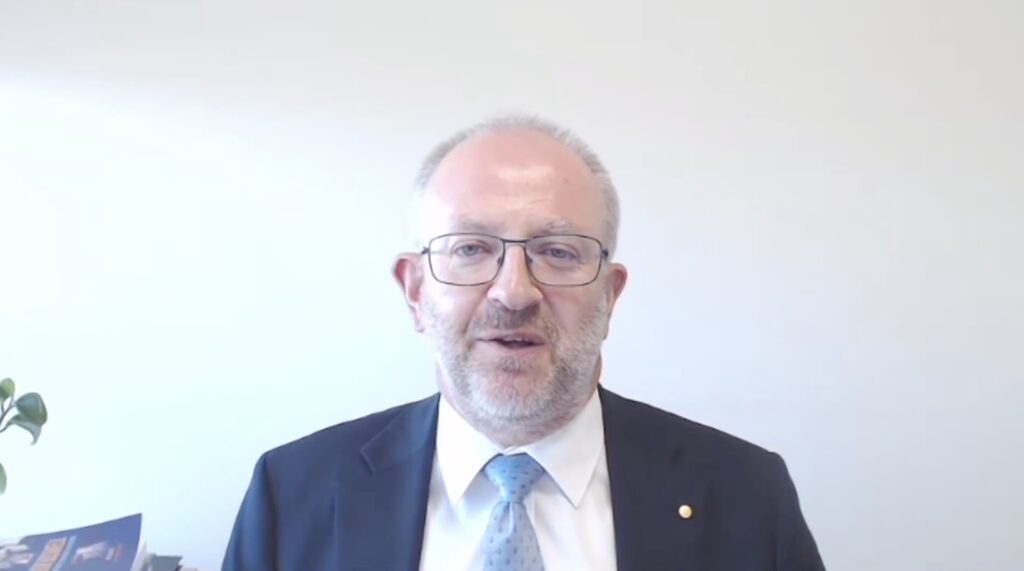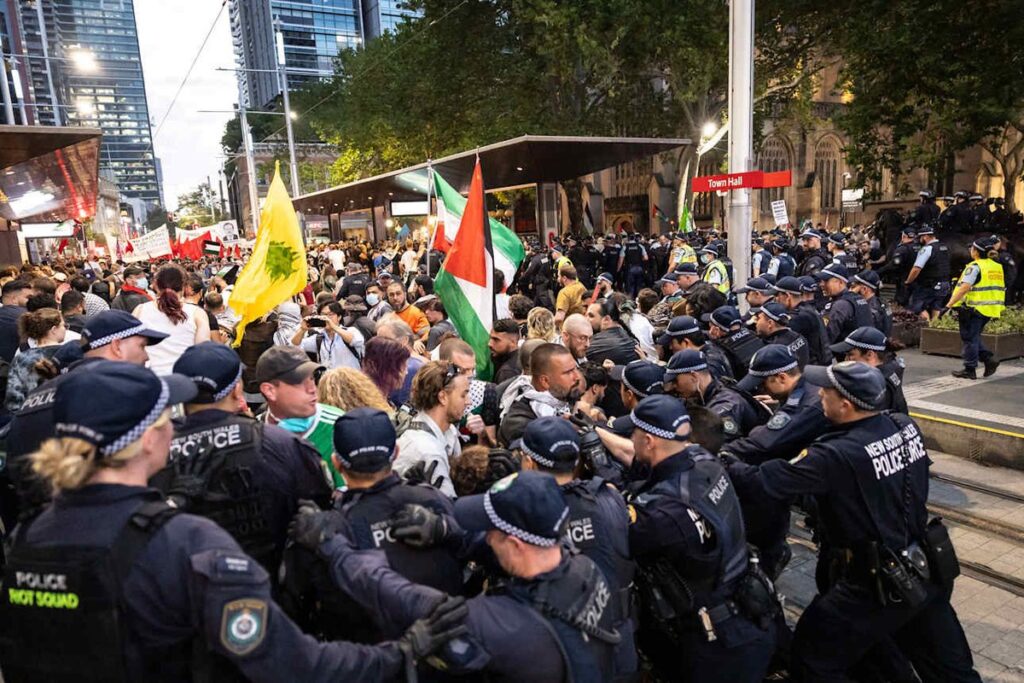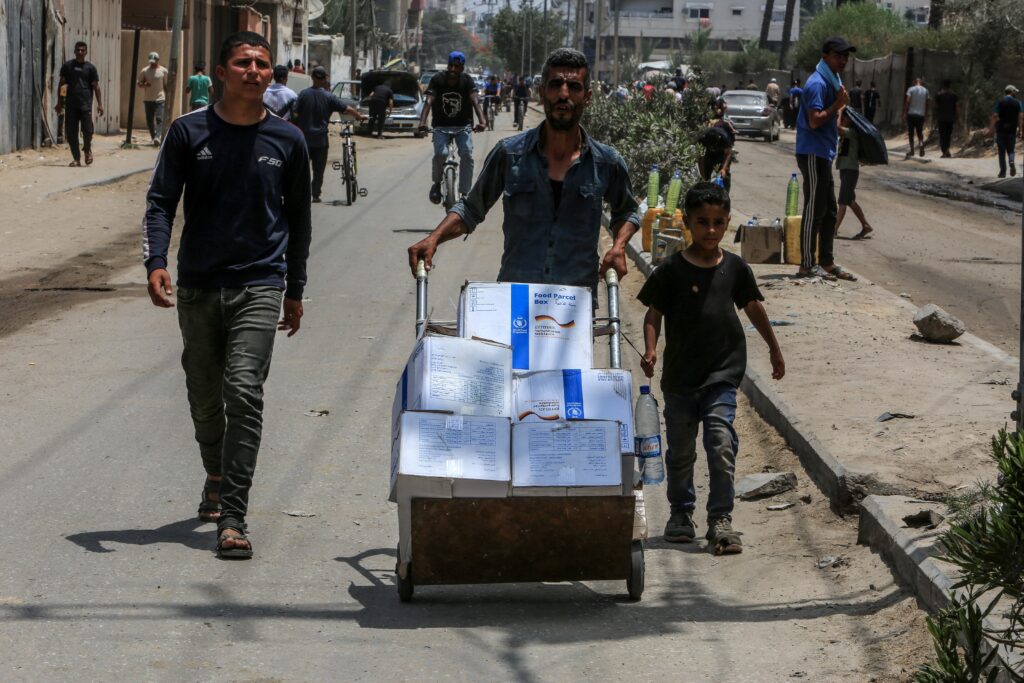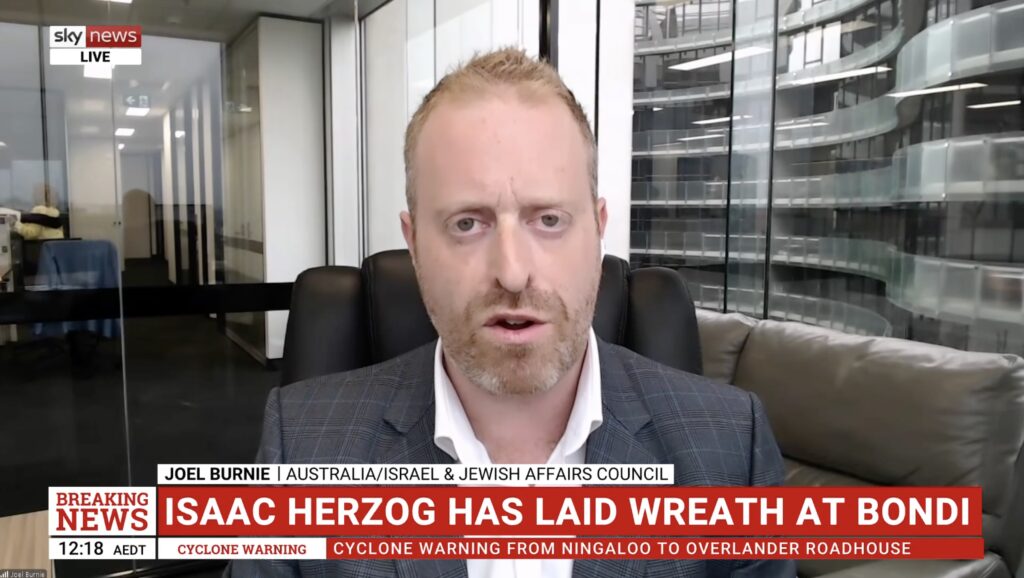RESOURCES
Australia and UNRWA
September 27, 2018 | Naomi Levin
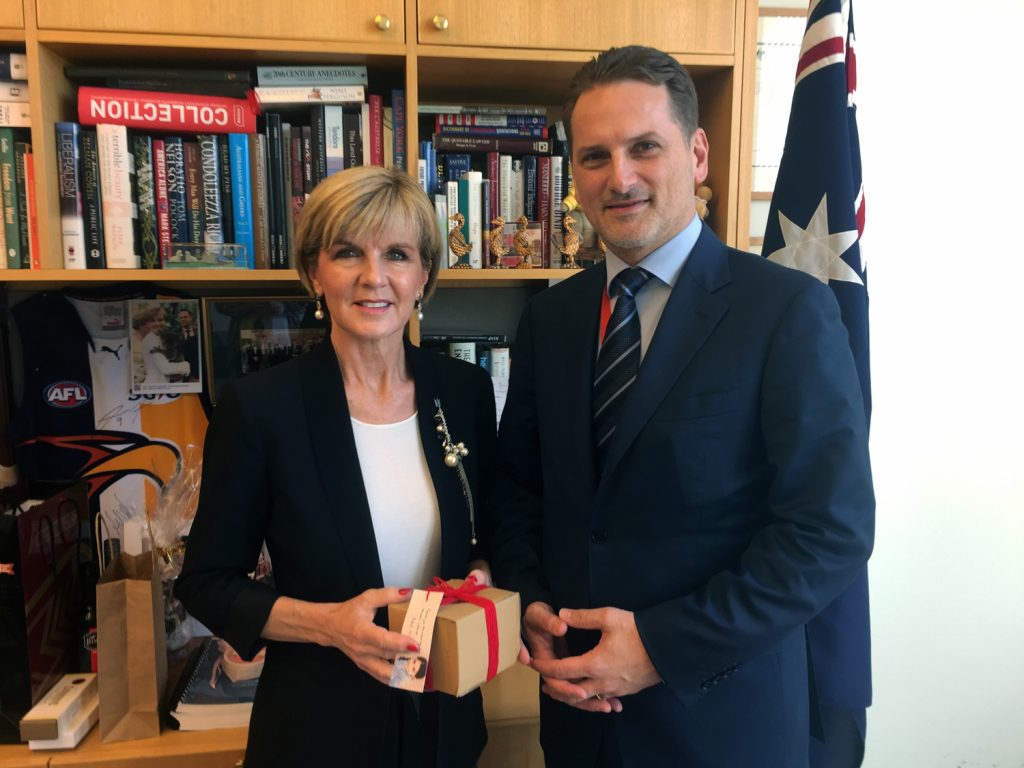
Australia is a major supporter of UNRWA, and governments of both persuasions have renewed Australia’s financial commitment to the agency on a number of occasions since 2000.
• Australia’s new Foreign Minister, Senator Marise Payne has not formally responded to the US decision to stop funding UNRWA.
• In 2017, Australia was the 12th most generous funder of UNRWA and is currently a member of the UNRWA Advisory Commission.
• The current Australian Coalition Government committed $80 million to UNRWA over four years, with this commitment scheduled to end in 2019-20. This was topped up by an additional $2.5 million to UNRWA’s emergency appeal in 2017.
• Total Australian aid contributions per year to the Palestinian Territories jumped from $6.24 million in 2000 to $69.2 million by 2014-15.
• Australia’s contribution to UNRWA leapt up under the previous Labor government (2007-2013). By the final year of that government, Australia had become the seventh most generous funder of UNRWA, providing three percent of total contributions to UNRWA’s general fund.
• Former foreign minister Bob Carr oversaw the mega-increases in Australia’s contribution to UNRWA after he signed a $90 million five-year funding deal in 2012. This was topped up with an additional $4.5 million in 2013.
• Carr’s decision to ramp up Australian funding of UNRWA was criticised as naïve at the time. Responding to the funding increase, his Labor colleague Michael Danby wrote: “It is time that the international community looked more closely at UNRWA and considered whether it should be restructured or dismantled and whether the substantial funds that go to it could be better spent.”
• Between 2000 and 2007, Australia’s total foreign aid to the Palestinian Territories was $92.1 million, averaging around $13 million per year. During that time, Australia’s foreign aid commitment to the Middle East focussed on Iraq, with aid to the Palestinian Territories playing a minor role in Australia’s total foreign aid budget.
• Figures on the precise amount of Australian funding to UNRWA prior to 2000 are difficult to find. However, Australia’s total aid budget to the Palestinian Territories between 1985 and 2000 averaged less than $4 million annually.
Tags: Australia, NGOs, Palestinians


